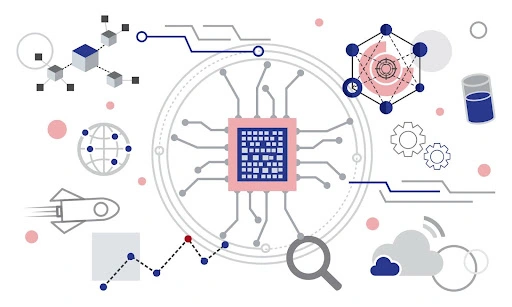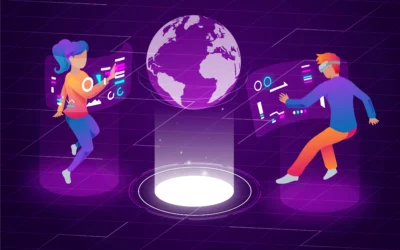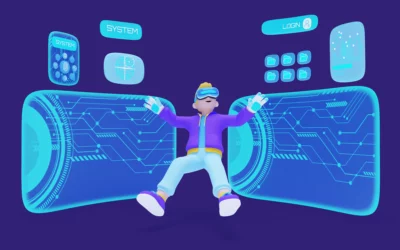Introduction
In the world of technology, quantum computing stands at the forefront of the next big leap, promising to revolutionize the way we process information. Unlike classical computing, which relies on bits to represent data as either 0 or 1, quantum computing leverages quantum bits or qubits, which can exist in multiple states simultaneously. This groundbreaking technology is opening doors to previously unimaginable possibilities and is poised to be the next frontier in information processing.
Understanding Quantum Computing
Quantum computing is a cutting-edge approach to processing information that harnesses the principles of quantum mechanics. Unlike classical computers, which use bits as binary units (0 or 1), quantum computers use quantum bits or qubits. These qubits can exist in multiple states simultaneously due to a property called superposition, allowing them to perform many calculations at once. Additionally, quantum entanglement enables qubits to influence each other’s states instantaneously, even across large distances.
Quantum computing has the potential to revolutionize problem-solving, offering immense computational power that can tackle complex challenges in fields like cryptography, drug discovery, optimization, and more. It represents the next frontier in information processing, with the ability to solve problems that are practically impossible for classical computers.
Quantum Entanglement: A Key Feature
Another defining feature of quantum computing is entanglement. When two qubits become entangled, the state of one immediately influences the state of the other, without regard for the separation between them. This unique phenomenon allows for ultra-fast communication and problem-solving capabilities.
Quantum Supremacy: A Milestone Achievement
In recent years, there have been significant strides in quantum computing, exemplified by Google’s claim of achieving quantum supremacy in 2019. Quantum supremacy means that a quantum computer has solved a problem faster than the most advanced classical computers. Google’s quantum processor, Sycamore, performed a specific calculation in 200 seconds that would take the world’s most powerful supercomputers over 10,000 years to complete.
Applications of Quantum Computing

The potential applications of quantum computing span a wide range of fields, including:
- Cryptography: Quantum computing threatens current encryption methods, but it can also be used to develop quantum-safe encryption techniques that are virtually unbreakable.
- Drug Discovery: Quantum computers can simulate molecular interactions at a level of detail that classical computers cannot, revolutionizing drug discovery and development.
- Optimization: Quantum computing can find optimal solutions for complex problems, from supply chain management to financial portfolio optimization.
- Artificial Intelligence: Quantum algorithms can accelerate machine learning tasks and improve the training of AI models.
- Weather Forecasting: Quantum computing can process massive amounts of data and improve the accuracy of weather forecasting models.
Challenges and Limitations
Quantum computing is not without its challenges. It’s a nascent technology, and practical, large-scale quantum computers are still in development. Technical issues related to qubit stability, error correction, and scalability need to be addressed.
Moreover, the energy requirements of quantum computing are substantial, and there are ethical concerns about the potential implications of breaking current encryption methods.
The Future of Quantum Computing
Despite the challenges, quantum computing holds incredible promise. As research and development in this field continue, quantum computers will become more powerful and accessible. Companies, governments, and researchers worldwide are investing in quantum technology, recognizing its potential to transform industries and solve complex problems.
Conclusion
In conclusion, quantum computing is undeniably the next frontier in information processing. Its potential to tackle problems that are beyond the reach of classical computers is groundbreaking. As the field of quantum computing continues to evolve, we are on the cusp of a new era in technology, where our capacity to process and understand information will be fundamentally transformed, leading to advancements that were once considered science fiction.





